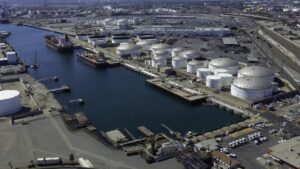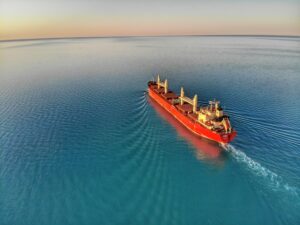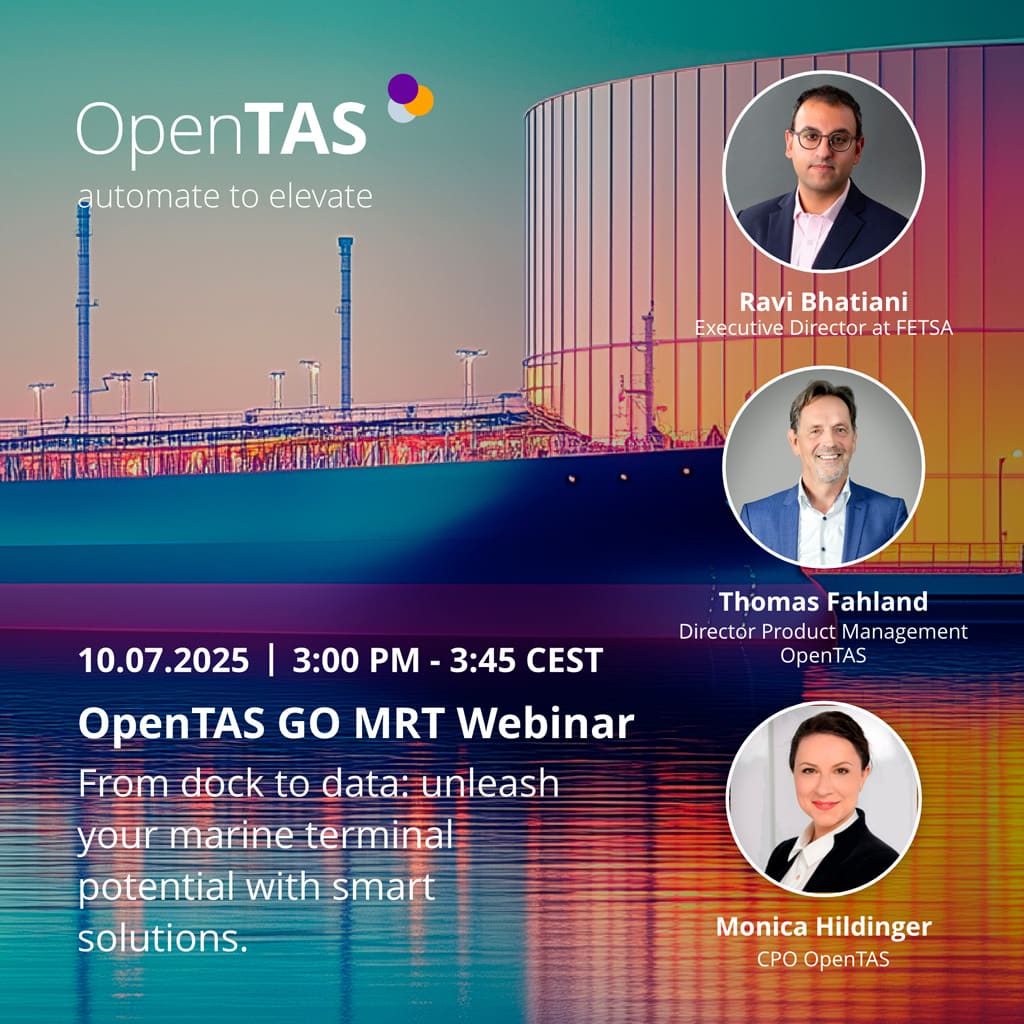 BP plans to invest up to €10 billion in low-carbon fuels, renewables and EV charging in Germany by the end of the decade to rival local power firms, as competition over the energy transition of Europe’s largest economy intensifies.
BP plans to invest up to €10 billion in low-carbon fuels, renewables and EV charging in Germany by the end of the decade to rival local power firms, as competition over the energy transition of Europe’s largest economy intensifies.
Germany is one of a handful of countries BP is targeting to roll out at scale its strategy to shift away from fossil fuels towards low-carbon fuels and electricity.
At the heart of the German investment push are plans to expand BP’s local network of electric vehicle (EV) fast chargers, decarbonise its refineries, and develop wind power. It is also weighing a local hub to import low-carbon hydrogen.
‘We are talking about refineries, we are talking about the largest petrol station network in Germany, we are talking about existing business relationships, about strong brands,’ says Patrick Wendeler, who chairs the board of BP Europe.
The €10 billion are new investments, which however include a €678 million payment BP has to make after being awarded in July two licences in Germany’s recent offshore wind auction.
BP operates two refineries in Germany — Lingen and Gelsenkirchen — as well as Aral, Germany’s largest petrol station network. It also provides more than 1,700 fast EV loading spots in Germany via its Aral brand.
By 2030, BP plans to have up to 20,000 charging spots, hoping to cash in on the growing adoption of EV as carmakers from Volkswagen to BMW launch new models.
BP’s award in Germany’s offshore wind tender along with TotalEnergies made headlines, as the oil majors beat out incumbents such as RWE and Orsted.
RWE, which itself is planning to spend €15 billion in Germany by 2030, dropped out of the race because it said the bidding had reached unsustainable levels.










